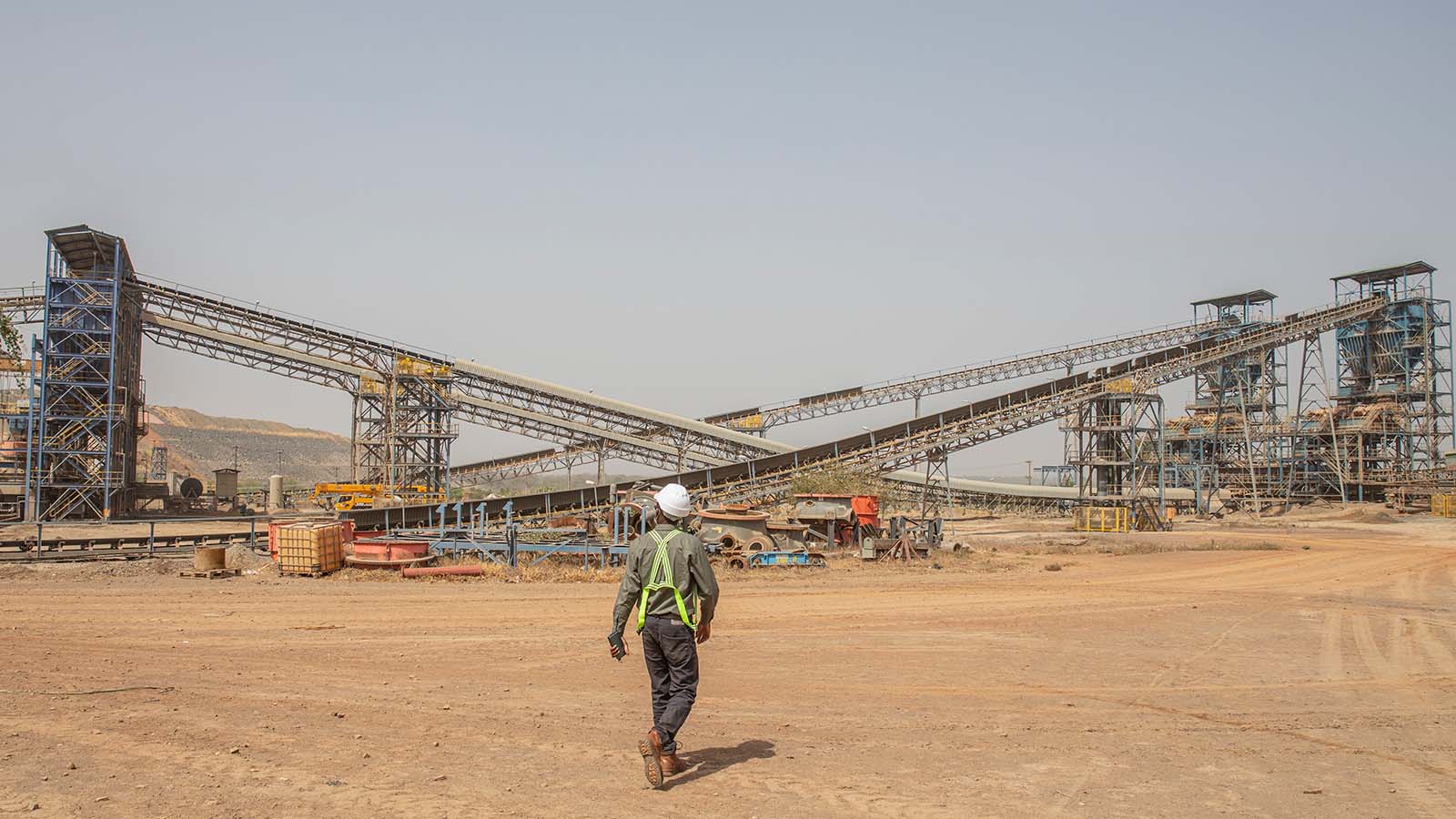(3 minutes read)
Mali, one of the leading producers of gold in the continent, has passed a new mining code allowing the state to take up to 30 percent stakes in new mineral projects and collect more revenues from the vital industry
Mali, one of the leading producers of gold in the continent, has passed a new mining code allowing the state to take up to 30 percent stakes in new mineral projects and collect more revenues from the vital industry. Junta leader Assimi Goita signed the code into law on Monday (Aug. 28). The Sahel country also has manganese and lithium — two minerals key to the global energy transition. Efforts are underway to explore extensively the presence of these two rare earths.
Read Also:
https://trendsnafrica.com/withdrawal-of-peacekeeping-force-from-mali-monitored-by-the-un/
Mali produced 72.2 tonnes of gold in 2022, including six tonnes by artisanal gold panners. Gold accounts for 25 percent of the national budget, 75 percent of export earnings, and 10 percent of GDP. Mali’s mining sector is dominated by foreign companies, including the Canadian firms Barrick Gold and B2Gold, Australia’s Resolute Mining, and the British Hummingbird Resources.
Read Also:
https://trendsnafrica.com/mali-approves-draft-constitution/
They have continued to operate despite political instability and an expanding jihadist insurgency. The mining code reform could boost the national budget by 500 billion CFA francs (US$820 million), economy minister Alousseni Sanou said this month. The mining industry would eventually contribute between 15 and 20 percent of the GDP. The reform allows the government to hold up to 10 percent equity in new projects with the option to buy an additional 20 percent during the first two years of commercial production. The Malian private sector can hold up to five percent.
Read Also:
https://trendsnafrica.com/mali-approves-draft-constitution/
The new code also removes tax exemptions for mining companies during operations. Tax exemptions on petroleum products and equipment represent about 60 billion CFA francs a year. The Malian government is walking a tightrope so as not to scare away investors and at the same time beef up its revenues.





